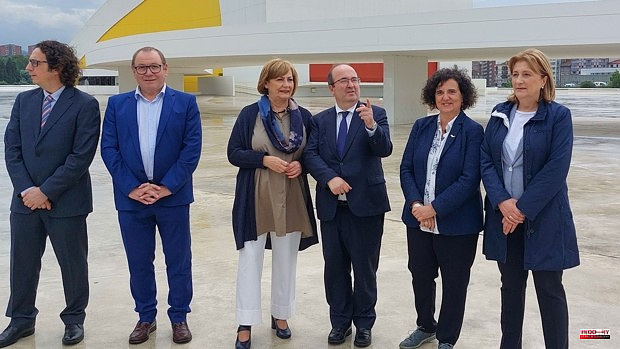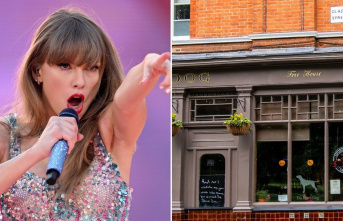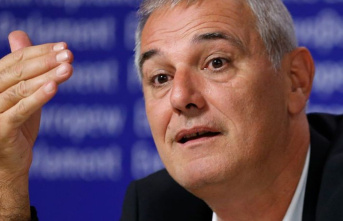It has taken eight months for the Ministry of Culture to decide to break its silence about the Selgas-Fagalde Foundation, the entity that sold Goya's 'Victorious Hannibal' to the Prado Museum despite the fact that the painting was part of its founding endowment. Eight months of stoic silence from the Minister of Culture, Miquel Iceta, while the Protectorate of Foundations elucidated whether the Selgas Foundation had committed any irregularity in this operation or in its economic management. All to conclude that his department has not seen "indications of any crime" in the activity of one of the most important private foundations in Spain.
In statements issued by Radio Asturias and collected by Europa Press, the minister has assured that if they had detected any indication of irregularity they should have gone to court, because that is their obligation, but that in this case there is no reason to do so.
Last September, the last time he had referred to the subject, he assured in parliamentary headquarters that Culture was going to be very "demanding" and "transparent" with the Selgas Foundation, which was even reported to the Principality of Asturias Prosecutor's Office for the Foro Asturias and Podemos parties.
Doubts about the activities of the foundation caused a political earthquake in the region that called into question the role of the Minister of Culture, the socialist Berta Piñán, because her inaction on the board allowed the sale of Goya's first documented painting. Faced with political pressure, the Principality asked the Ministry of Culture to assess the possibility of applying article 42 of the Law on Foundations, regarding the temporary intervention of these entities, "in order to verify their current real situation and analyze the decisions adopted in recent times, such as those relating to works of art by El Greco and Goya, or the investments made in recent years by patrons with the foundation itself».
The department led by Piñán was referring to the sale of the Goya for 3.3 million euros, to the attempt to transfer another painting by El Greco to a Hungarian museum – an operation aborted by the Board of Qualification, Valuation and Export of Historical Heritage Assets Español–, to the payment of 20.3 million euros for a hotel in Seville to two companies related to the president of the Selgas Foundation and also to the purchase of shares worth 1.8 million from the publishing company of the head of the foundation. For all these reasons, the Principality asked Culture to verify "if the financial resources of the foundation have been applied to the foundational purposes."
According to Iceta, there is nothing punishable. «On the part of the Ministry we have collected all the information and we have not seen any evidence of any crime. And also the Prosecutor's Office, after some inquiries that only the judiciary can make, has determined that it sees no reason to continue the investigations », he said today, during his participation in the Forum of Culture and Ruralities, in Navia. Indeed, the Prosecutor's Office closed the investigative proceedings, since in its opinion the crimes of unfair administration, fraud or misappropriation reported were not committed. An association of residents of Cudillero, the town where the impressive mansion that guards the entire art collection in the hands of the foundation is located, threatened to take the case to court, but they still have not taken that step.
"What we want is for the functioning of the foundation to be normalized and for Asturians to continue serving -Iceta added today-, who need foundations like this and others so that the art that has been produced in Asturias can stay in Asturias and continue enjoying it." There are several Asturian groups that have demanded the return of the Goya painting sold to the Prado because they consider it to be part of the Asturian cultural heritage. Iceta, who came to propose the transfer of works such as 'Guernica' outside of Madrid, within his federal doctrine, in this case has not raised any objection to the canvas leaving Asturias.












